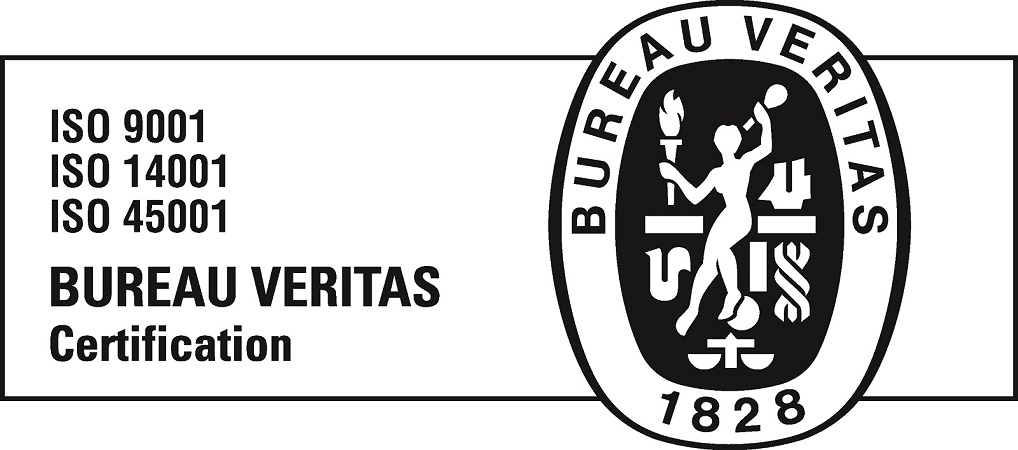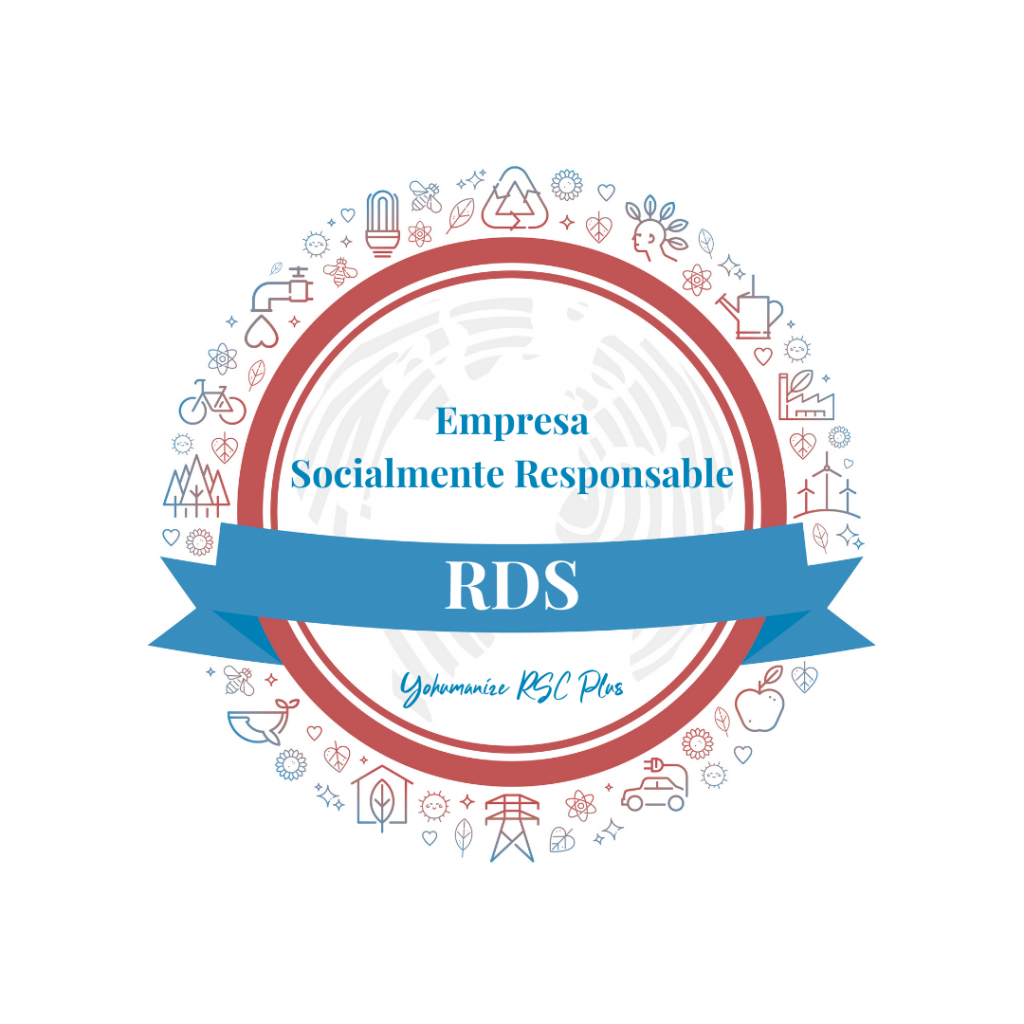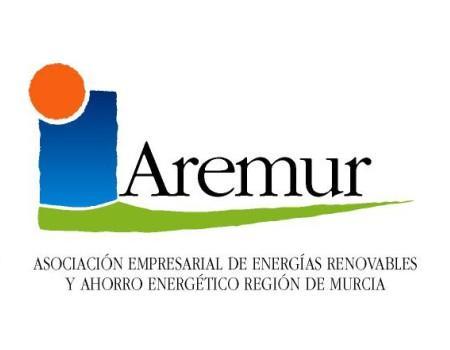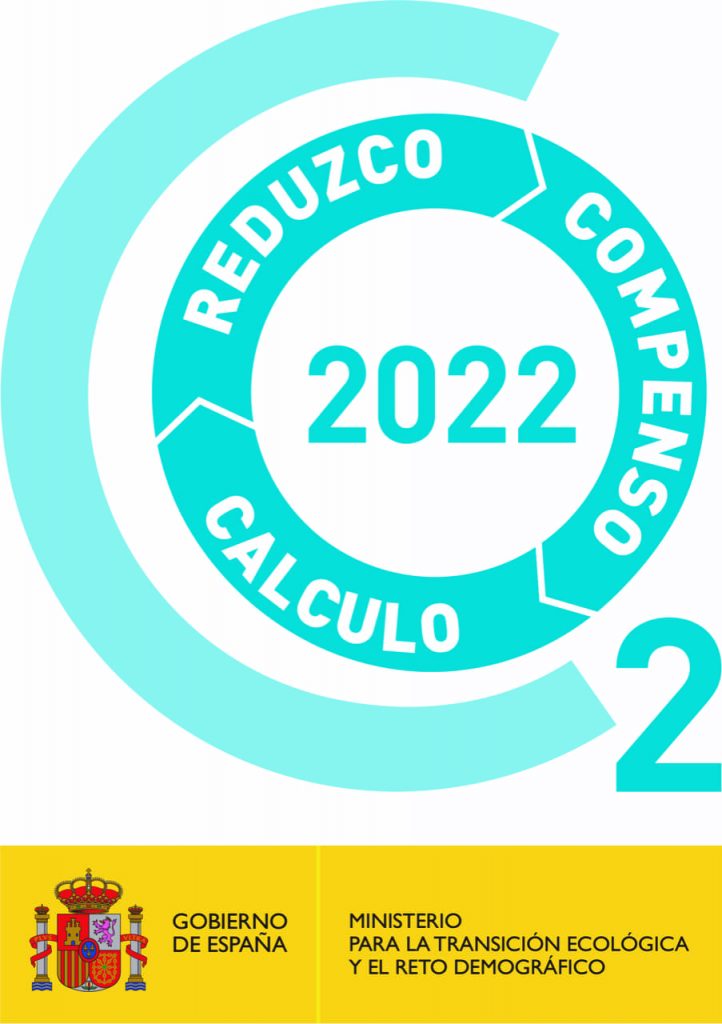




© 2023 RDS. All rights reserved. Designed and developed by delefant
You have probably wondered whether it is possible for solar energy to work at night. This is a very common question that generates doubts among people who do not know how solar energy works. What about rainy days? What about when the day is cloudy?
At RDS, we’re going to answer these questions in a simple way so that you can get to know the enormous potential of solar energy. Let’s get started!
Table of Contents
ToggleIn recent years, there has been a huge increase in the consumption of solar energy in Spain. This is a casual phenomenon, as it is increasing all over the world. The case of Spain is even more ideal for the consumption of solar energy, as it is one of the countries in Europe with the most sunshine per day per year.
This turns into full availability the use and consumption of solar energy through photovoltaic panels. As we already know, this is a renewable and pollutant-free energy source , which requires little maintenance and whose prices have been falling and have become very affordable. But how do we measure their performance?
Its efficiency is based on the amount of energy it converts into electricity. The higher the percentage of sunlight the solar panels receive, the more efficient and cost-effective they will be in the future. It is important to note that solar panels use between 19% and 22% of the energy captured, finding up to 24%.
The million-dollar question. Energy harvesting is possible through the use of solar panels, which are the equipment that produce electricity. In order for the energy to be produced, it is necessary to take advantage of the sun’s radiation, there must be light.
At night, the sun goes out and the solar energy of the day goes with it. Does this mean that solar energy stops working? Not really. When night comes, the energy stops producing. It does not lose its profitability or its ability to produce radiation.
Thanks to the batteries that are installed in self supply systems, it is possible to store all the electricity that has been produced during the hours of sunshine, compared to photovoltaic systems. Of course, it depends on the capacity of the batteries that we have installed, and the amount of energy they can store.
In this situation, we are faced with rainy or cloudy days, and as we know, the solar panel works with the natural light it receives. In this case, the solar panels do not stop working either. They still do their job, but not at the same level.
It will not have the same production capacity on a cloudy or rainy day as it will on a sunny day. But you won’t have problems storing and using the energy from the panels either. Depending on the type of solar panels installed (monocrystalline or polycrystalline) and the thickness of the clouds, the performance of the solar panel will vary.
If the clouds are not very thick, our panels will work with a capacity of up to 60%.
Despite what you might think, it is not necessary to have very hot days in order to be able to generate a higher amount of energy. The ambient temperature is not directly related to the use of the solar panel for energy storage. What is directly related is the radiation.
The standard output is 25°C, so even on cloudy or cool days the solar panel will work efficiently.
At RDS, we have at your disposal all types of photovoltaic installations under the highest standards of quality and efficiency. Since 2008, we have been offering you the most abundant resource in the world, the Sun.